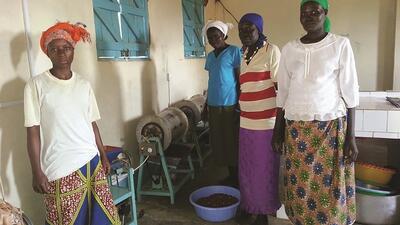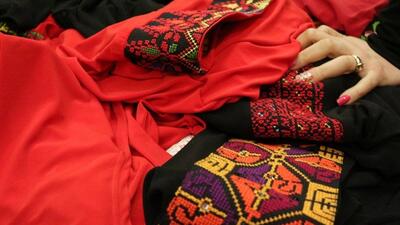

Including SMEs and women in public procurement in Chile
achieve its sustainable development goals
Public procurement faces a number of challenges ranging from transparency to ensuring due diligence and fairness. In response to such issues, Chile has developed a public procurement system regarded by many as among the world’s most open. A huge effort has been made to ensure that it is also inclusive for small companies.
Managed by my organization, ChileCompra, Mercado Público (Public Market) is an e-marketplace where 90% of the companies that sell their products and services are micro or small enterprises. Moreover, these companies account for 45% of public-procurement transactions, over five times the participation rate of these companies in the Chilean economy (8%). If medium-sized companies are included, the combined participation of micro, small and medium-sized enterprises (MSMEs) in the market rises, achieving 60% of the total amount of the transactions.
More than US$12 billion is traded each year on the online version of Mercado Público (www.mercadopublico.com). This accounts for around 4% of Chilean GDP and includes 124,000 suppliers selling products and services to 850 public agencies.
This explains why the participation of micro and small enterprises in the public procurement process is higher in Chile than in other public procurement systems around the world. For instance, in the European Union’s public procurement systems, the participation of micro and small enterprises represents only 17% (2011). According to a comparative analysis by our Research and Business Intelligence Department of countries belonging to the Organisation for Economic Co-operation and Development, ChileCompra tackles about 87% of problems that micro and small companies confront when accessing opportunities published on Mercado Público.
This is a result of ChileCompra’s ongoing work to reduce information asymmetries, entry barriers and market failures that often affect smaller firms. Universal access to public procurement and related information is guaranteed throughout the electronic platform. This means that any national or foreign supplier can participate in the procurement processes by submitting bids online. In addition, there are no specific requirements needed, such as minimum number of employees, to participate in the procurement processes.
WOMEN PARTICIPATIONIn recognition of the increasing participation by women in the labour force, which helps increase productivity and economic development, ChileCompra in 2015 established a supporting program for women entrepreneurs with a view to strengthen their participation as suppliers in the public procurement market.
Research by Comunidad Mujer, an independent women’s rights organization, revealed that in Chile only 36% of companies selling products and services to the government are owned by women. In hard numbers this account for 20,000 out of 55,000 entrepreneurs. Even more disappointing were findings that these women entrepreneurs represent only 26% of the procurement transactions. This matters because around 64% of women entrepreneurs head a household and around 70% of these women are responsible for creating additional jobs.
To increase the participation of women in Chilean public procurement, an action plan was devised. This led to modification of public-procurement regulations and guidelines were issued to help public officials ensure that gender considerations were included in criteria upon which they make decisions to purchase goods and services. The incorporation of gender-specific evaluation criteria also included social issues such as the active inclusion of women into the public procurement system. In addition, specialized training programmes were created for women entrepreneurs on how to submit bids for public procurement. Stories of successful women suppliers were used actively to encourage other women to participate.
CERTIFICATIONThe launch last year of Sello Empresa Mujer (Women Supplier Certification), a certification that helps procuring entities to identify women-led enterprises, or those with more than 50% of female workers, was also significant. This certification can be requested as an evaluation criterion to be included in tender documents or to demonstrate social impact in direct contracting bids below US$ 700.
More than 300 companies and 20,000 individuals have received the Sello Empresa Mujer so far and public organizations are also using the increased participation of women as a social-impact criterion. For example, the Municipality of Contulmo, a town of 5,000 inhabitants in southern Chile, recently issued a tender for a construction project. Specified in the evaluation criteria was a higher score for companies with high participation of women in their work force.
While the participation of women in Chile’s workforce is growing, many are still prevented from taking up paid employment. Though they have a desire to work, they are often restricted to performing household duties. This is unfortunate because, according to a study by the Chilean government, for every 100,000 women entering the labour force, Chile’s GDP could increase by up to 0.65%.
Mercado Público is one tool helping the country reach its target of higher and more sustainable growth. It also demonstrates how public procurement can make trade more inclusive for small businesses and women entrepreneurs and help achieve Chile’s sustainable development goals.











